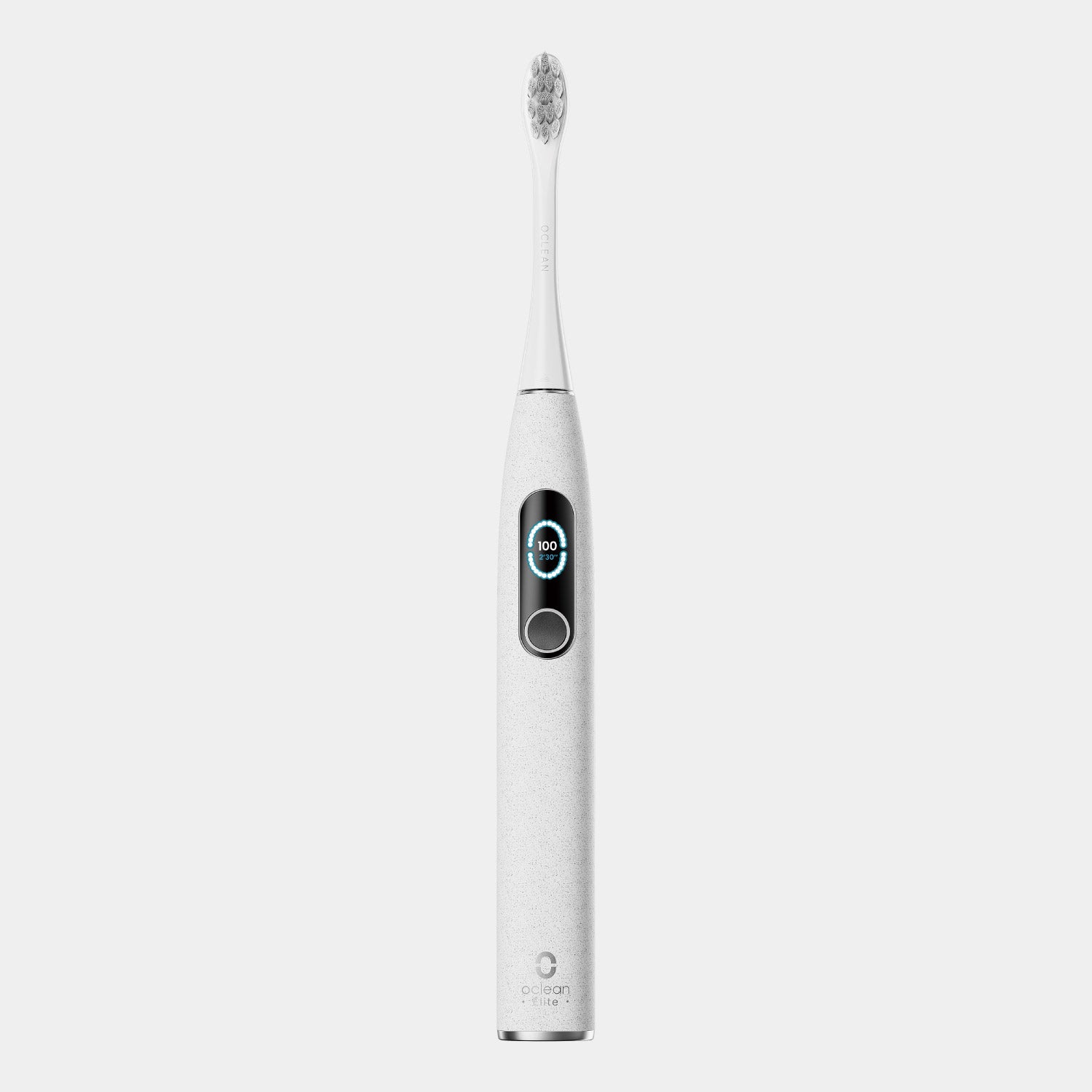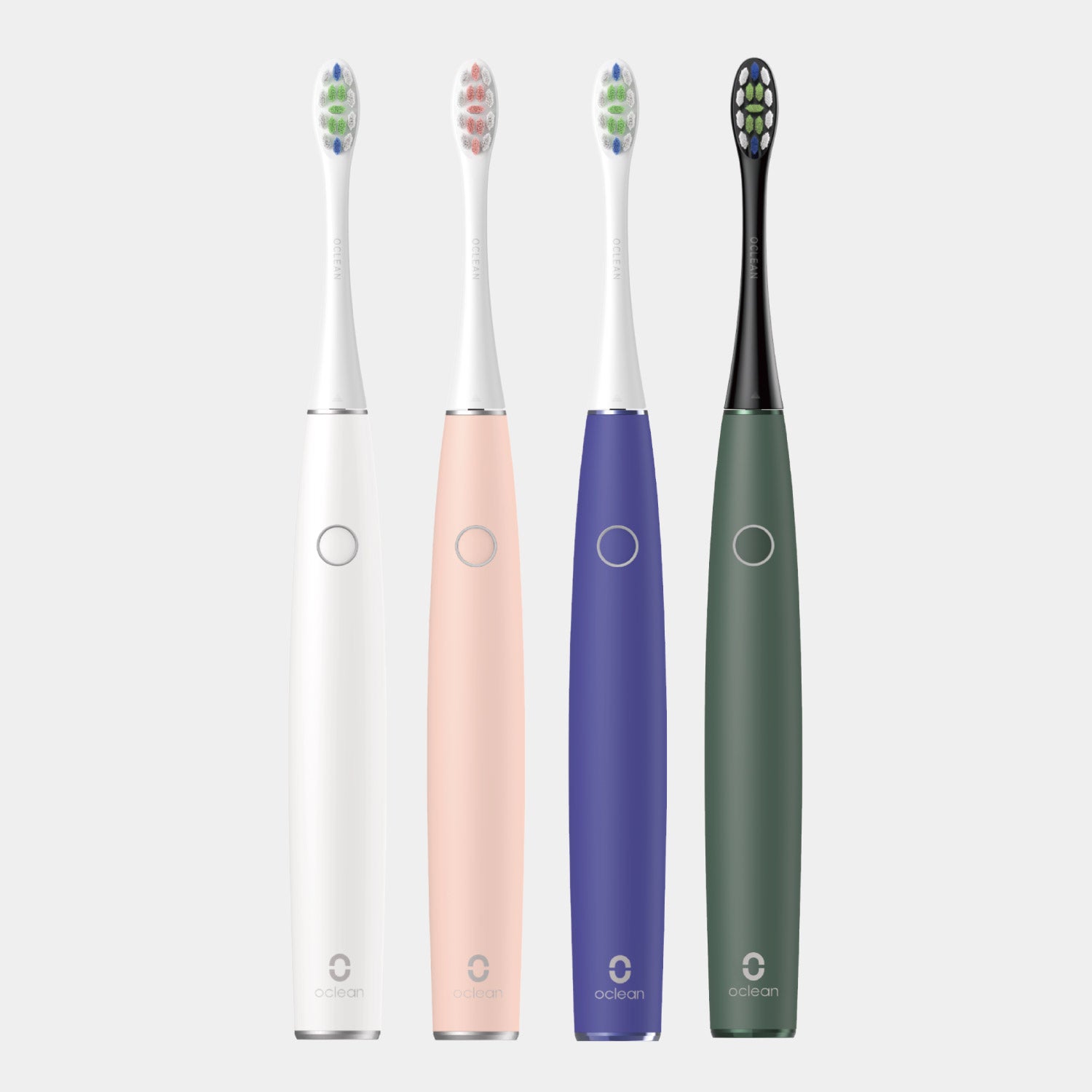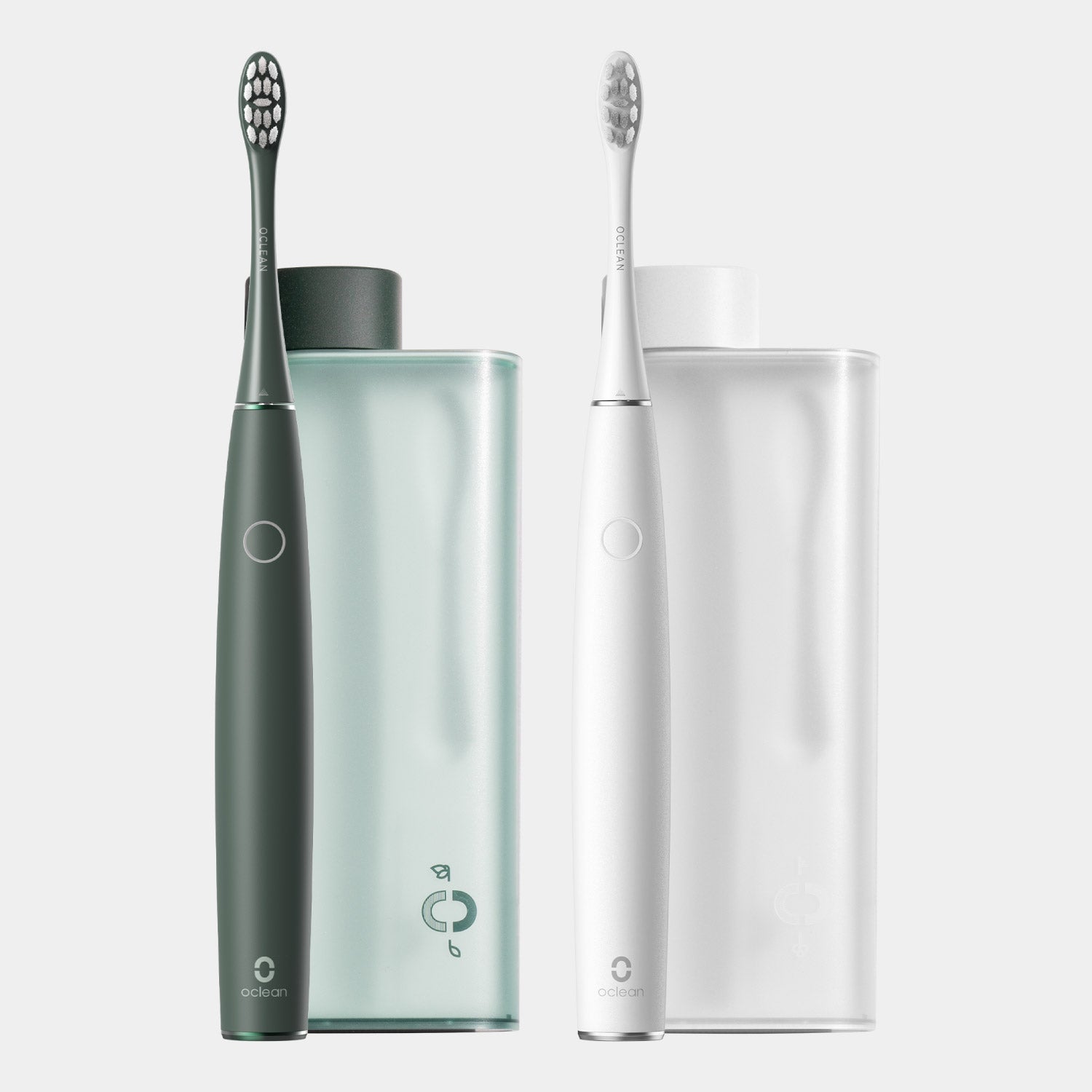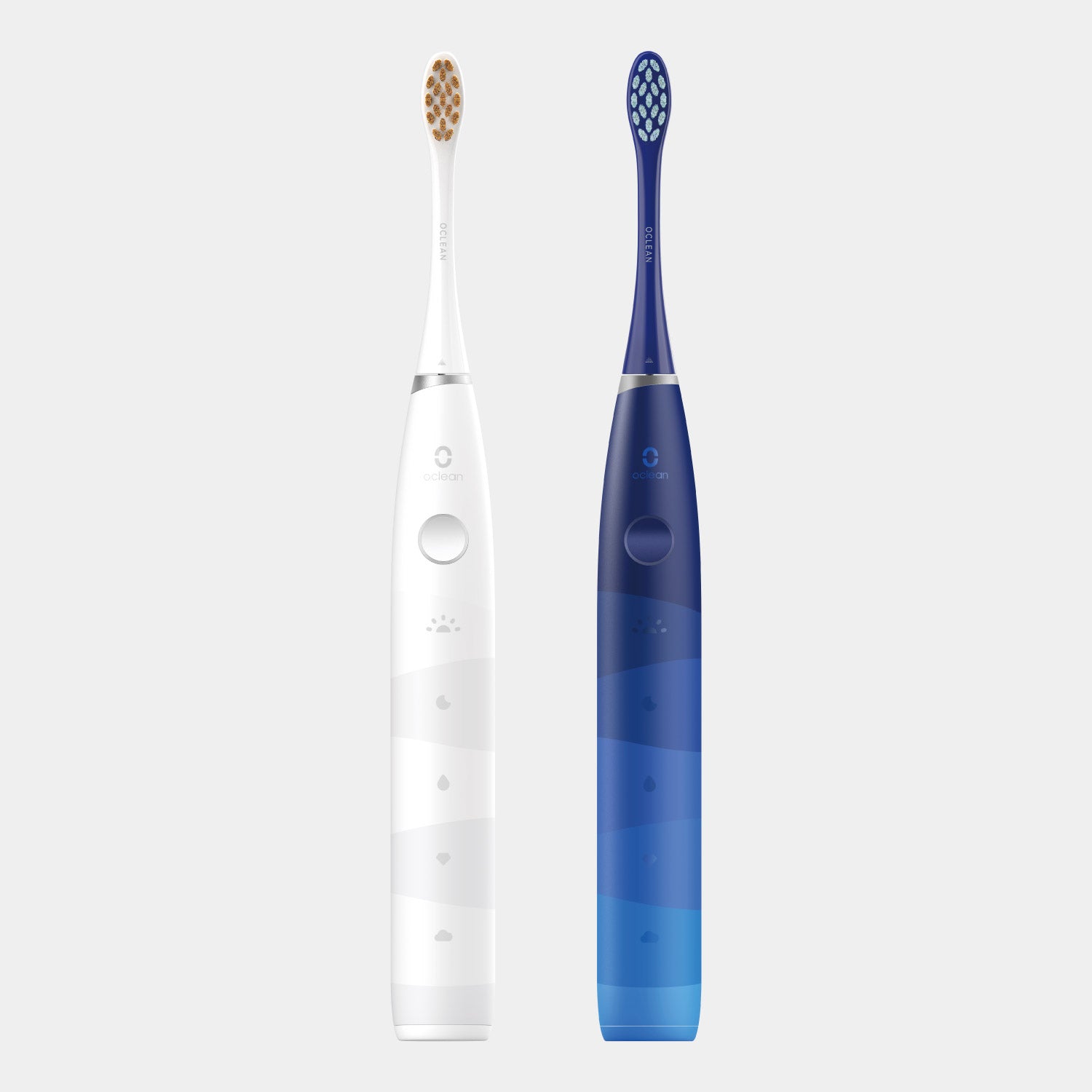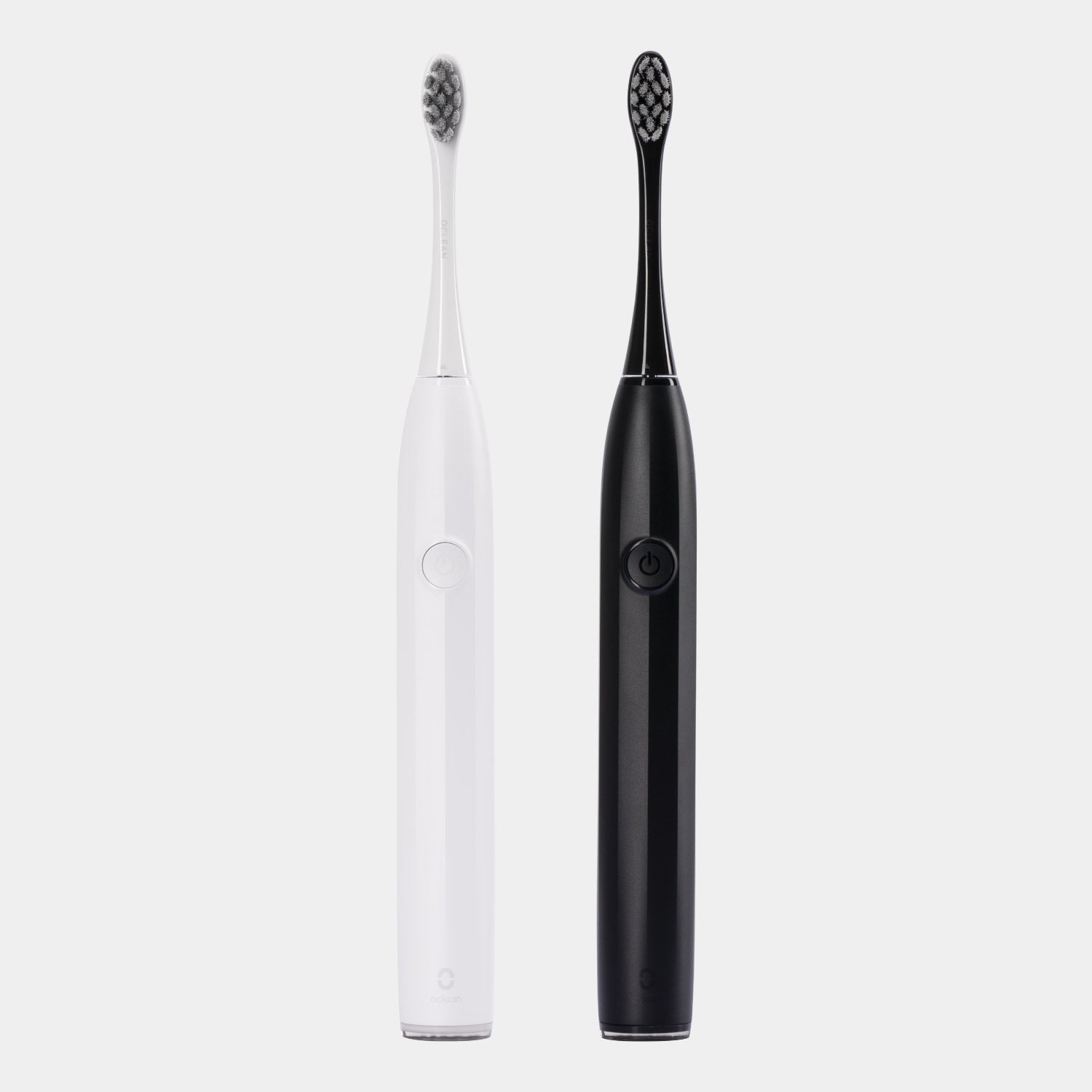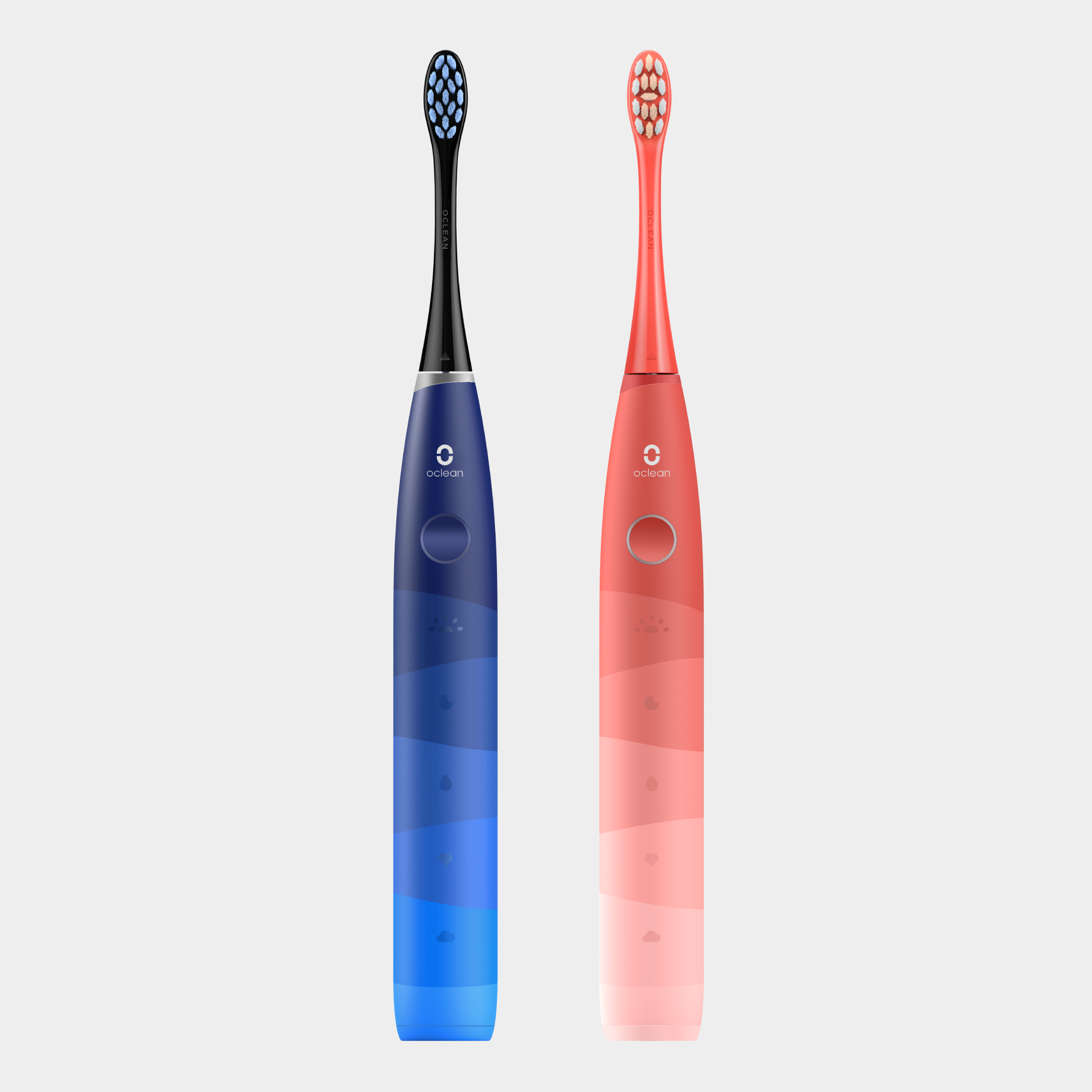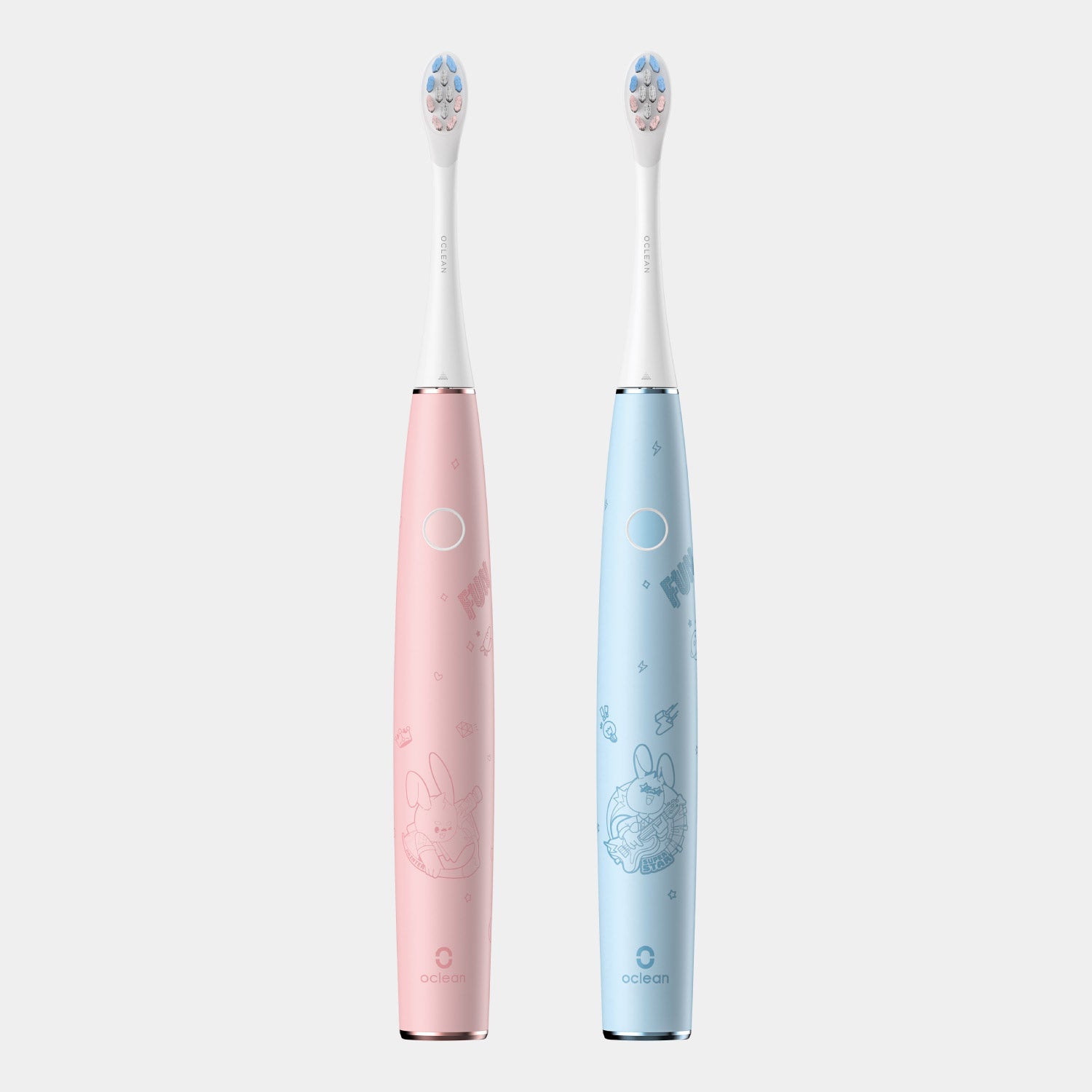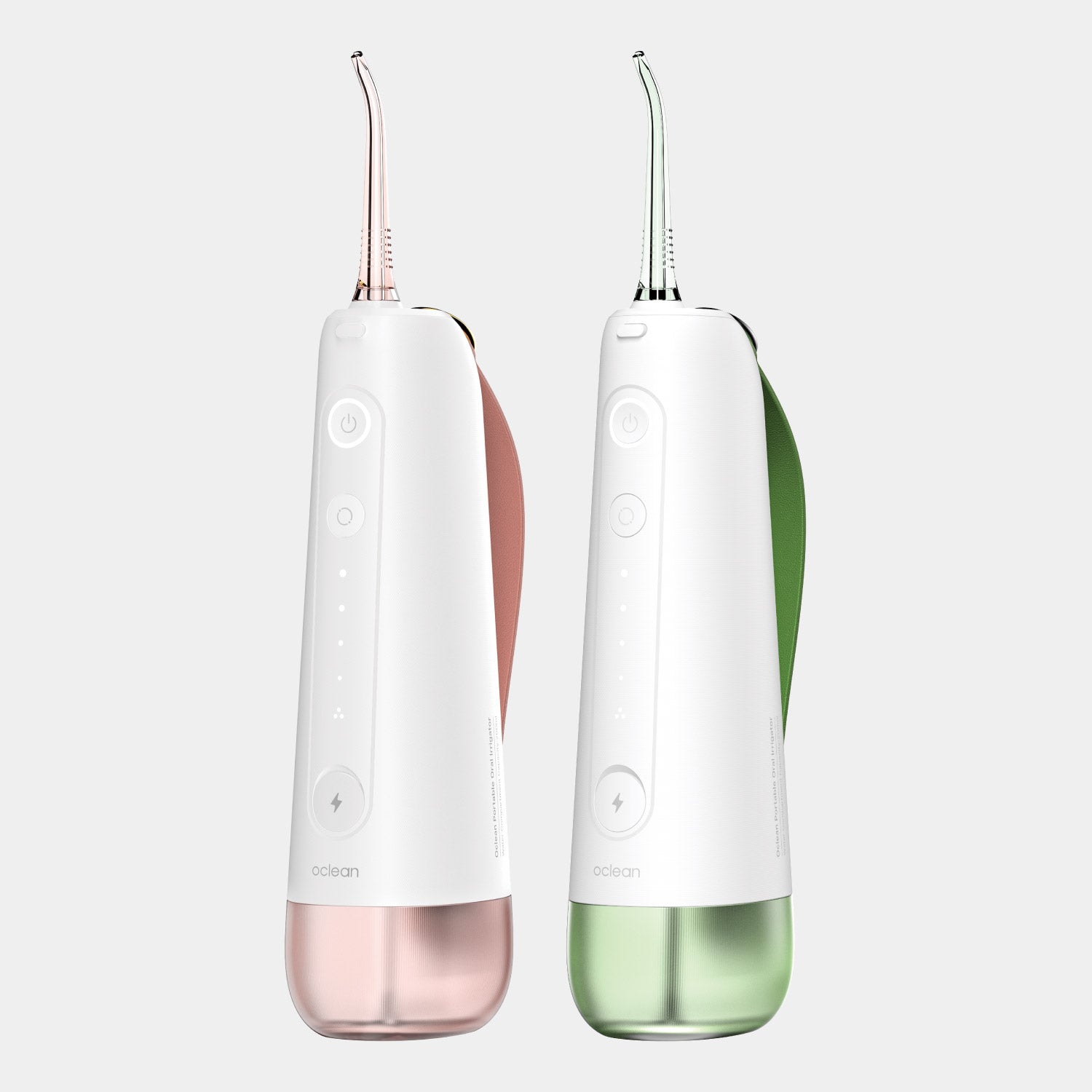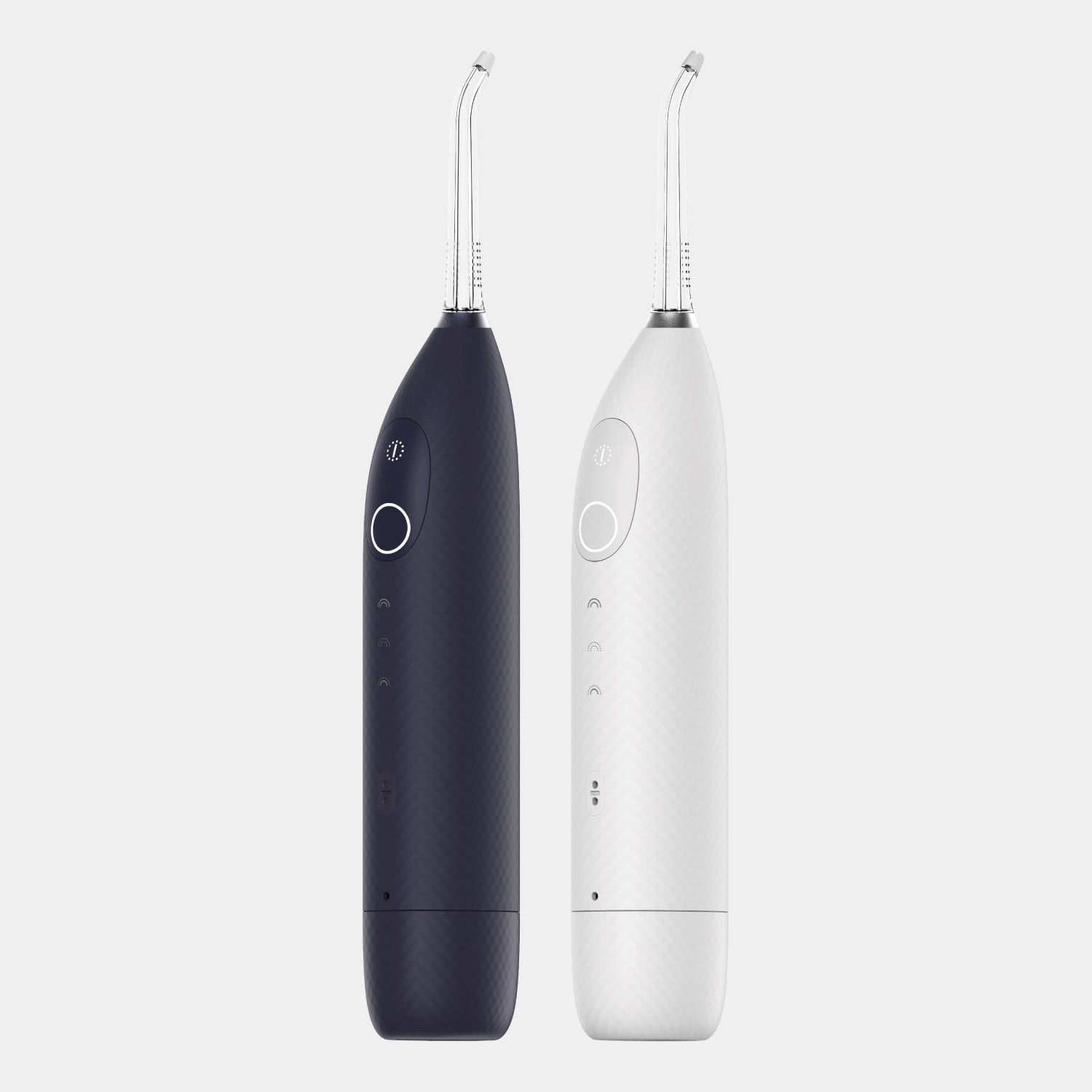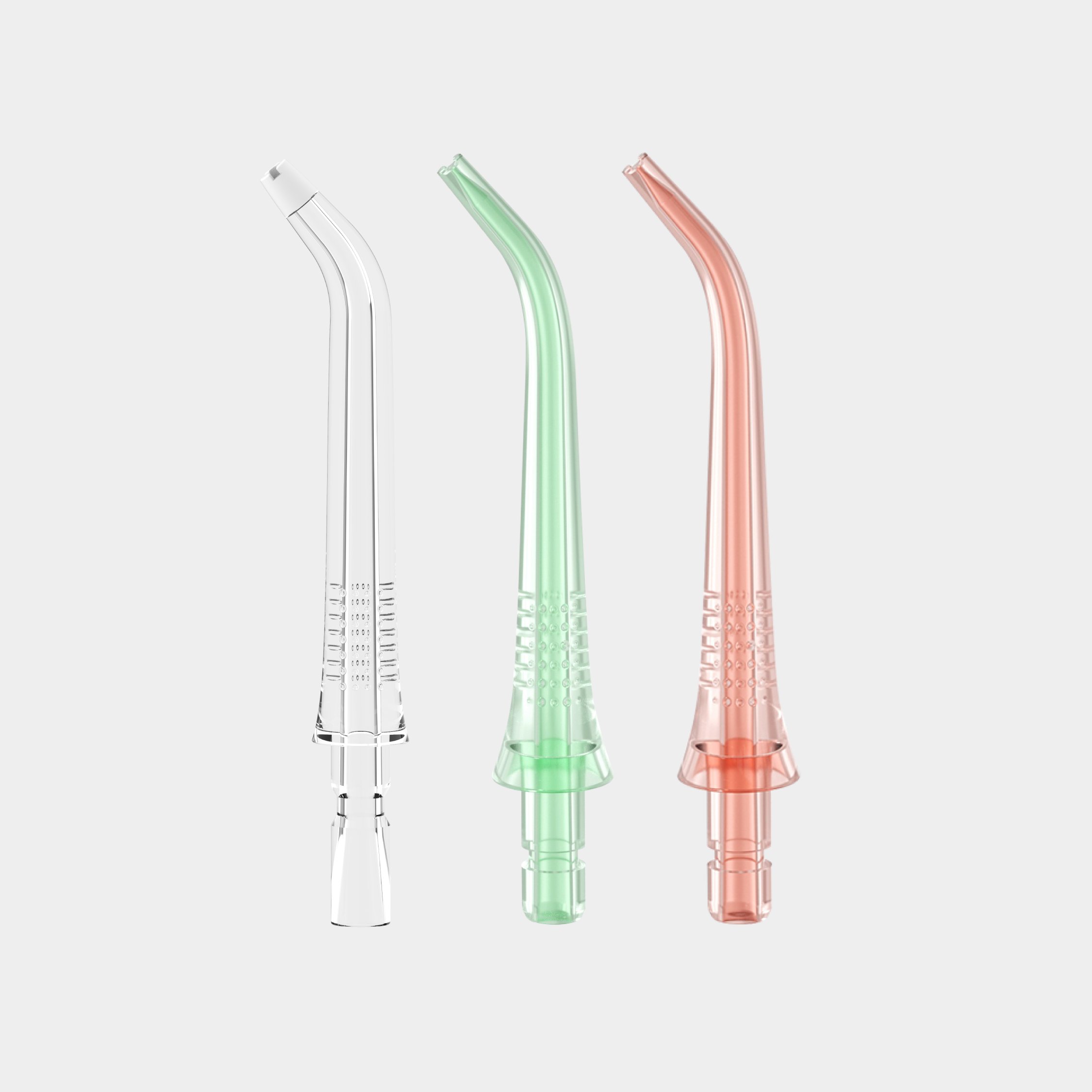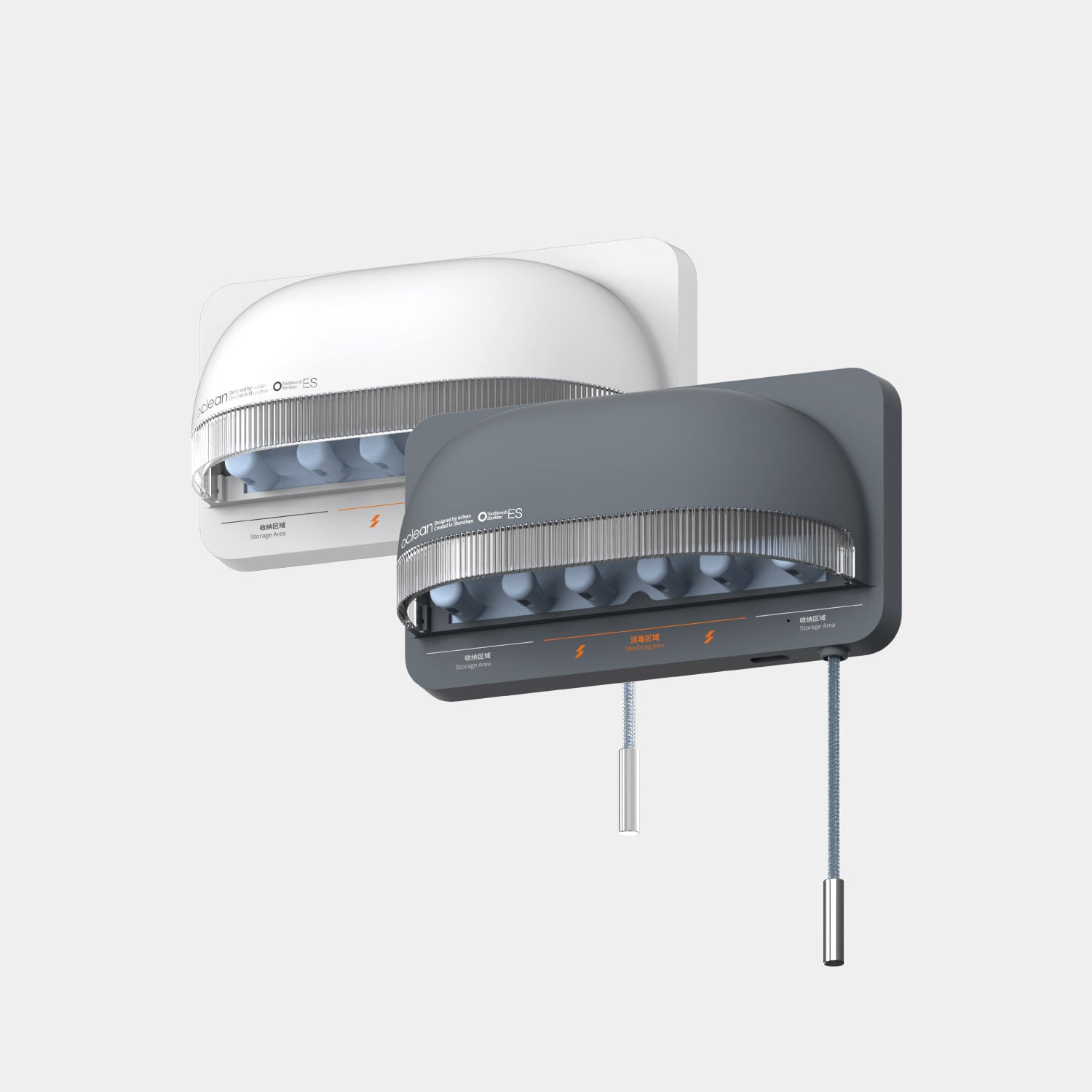Yes, you should always change your toothbrush after sickness – an answer that you might’ve heard somewhere. However, we disagree with this notion.
American Dental Association ( ADA) recommends changing a toothbrush every 3 months. However, in case of sickness, the choice of toothbrush replacement varies from case to case. If you’ve had a viral infection, it’s not mandatory for you to immediately get a new toothbrush. But, if you’ve had a bacterial infection, you must change your toothbrush immediately.
You might wonder – why? Let’s talk about the logic behind this.
Why should you change your toothbrush after a bacterial infection
Research shows that toothbrushes become contaminated after a single use – with enough quantities of bacteria to cause re-infection.
Strep throat, whooping cough, Urinary tract infection (UTI) and ear infection are some of the common diseases caused by bacteria. If you have had any of them, you should replace your toothbrush immediately. This is because your body does not have an innate ability to get rid of large quantities of bacteria, on its own. Your body requires antibiotics for this purpose.
If any disease-causing bacteria adhere to the bristles of your toothbrush or a brush head (in case of smart toothbrushes), you know the consequences.
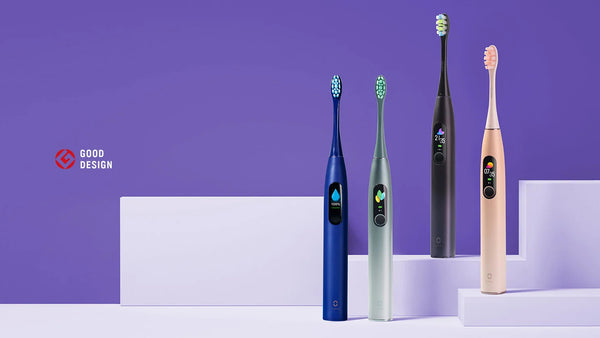
Should you change your toothbrush after a viral infection
Common cold, influenza (flu), cold sore, and the deadly COVID-19 are some of the common viral infections. The choice of toothbrush replacement depends on the virus from which you’re infected.
· Common Cold:
Runny nose, sneezing, coughing and mucus dripping from the nose are some of the common symptoms. If you’re someone with the common cold, you do not need to change your toothbrush before the recommended time of 3 months.
· COVID-19:
We are all aware of the deadly havoc caused by this virus during the pandemic.
There is no documented evidence that suggests toothbrush replacement for individuals with Covid-19. However, dentists recommend toothbrush replacement after recovery – to avoid indirect transmission of this virus.
· Oral Diseases and Toothbrush replacement:
You do not need to replace your toothbrush before time if you have cold sores or periodontal disease. However, you must exercise proper oral hygiene as both of them can aggressively affect the oral tissues. Using a sonic toothbrush will surely help you in this regard.
Some of you might wonder – why is it that we usually do not require toothbrush replacement in case of viral illnesses. This is because of the antibodies created by your body, against the viral infection.
3 things to do after sickness
If you acquire sickness, there are 3 things that you must consider doing for your well-being.
1. Extra-good care of oral hygiene:
This implies brushing your teeth twice a day and flossing once daily. The brushing action can be made more effective by using an electric toothbrush. Oclean has a wide range of top-quality sonic electric toothbrushes. Be sure to check them out.
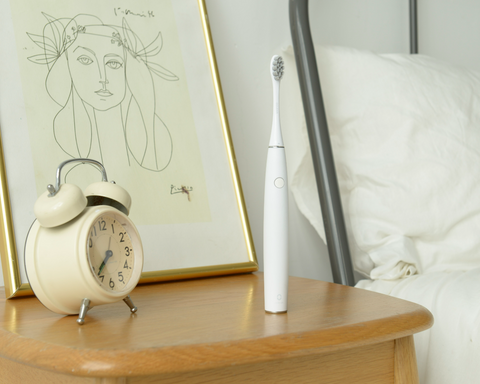
2. Extra-good care of toothbrush hygiene:
This implies storing your toothbrush in a closed space and not the toilet. In addition, air-dry your toothbrush after use. These measures will prevent the build-up of anaerobic bacteria (i.e., bacteria that survive without oxygen). Moreover, changing your toothbrush (or brush head) once the bristles are frayed is also of prime importance.
3. Go see a dentist:
By far, this might be the most underrated thing to do after recovering from an illness. But the truth is that it’s not.
What can happen if you keep using your old toothbrush after sickness
The worst-case scenario would be that you’ll get sick again. The determining factor would be the type of sickness – bacterial or viral. Both have been talked about in the preceding section.
However, if you still want to keep your old toothbrush, you must do the following to reduce the chances of re-infection.
- Place your toothbrush in chlorhexidine mouthwash overnight to get rid of germs – a decontamination method proven by research
- Use UV toothbrush sanitizer– the one with maximum efficacy against microbes. This is mandatory if you’re an electric toothbrush user.
- 3A’s
- Air-dry your toothbrush after use to get rid of disease-causing bacteria
- Avoid toothbrush contact with the toothbrushes of other family members
- Avoid sharing your toothbrush



